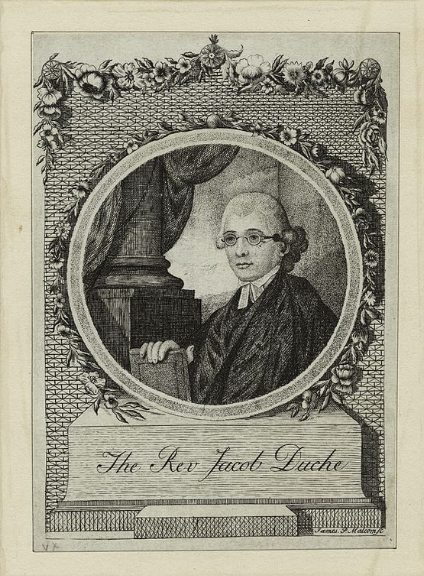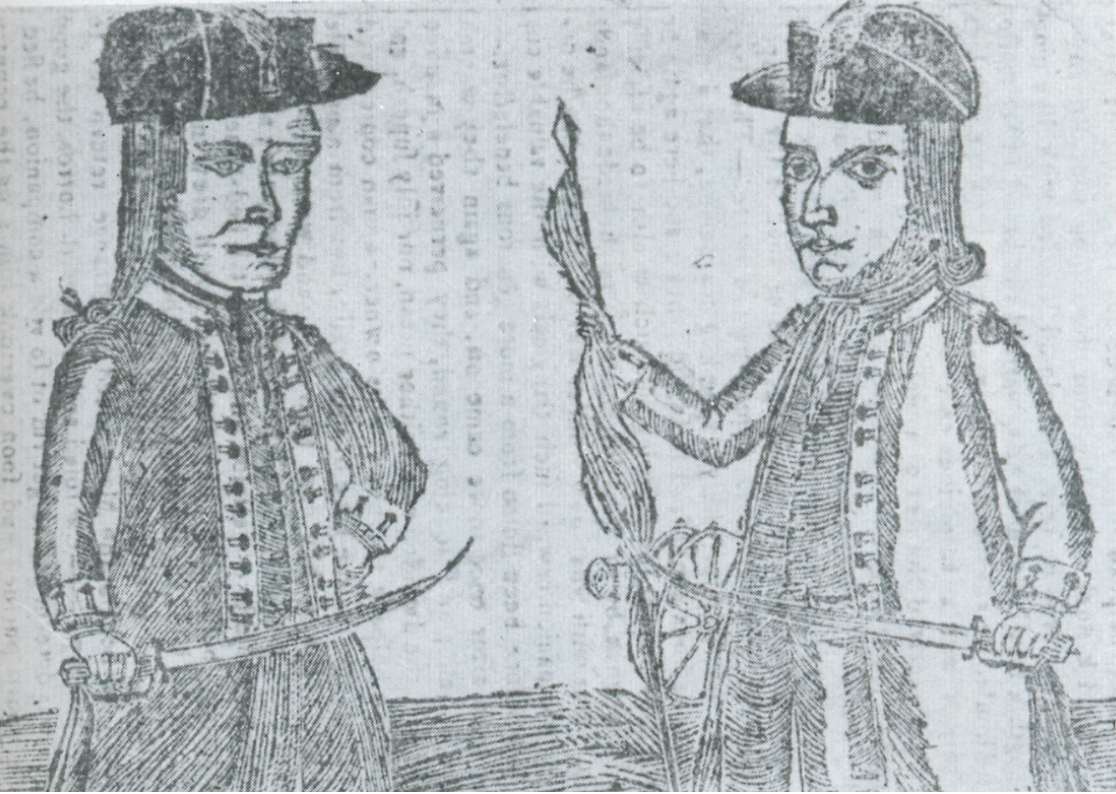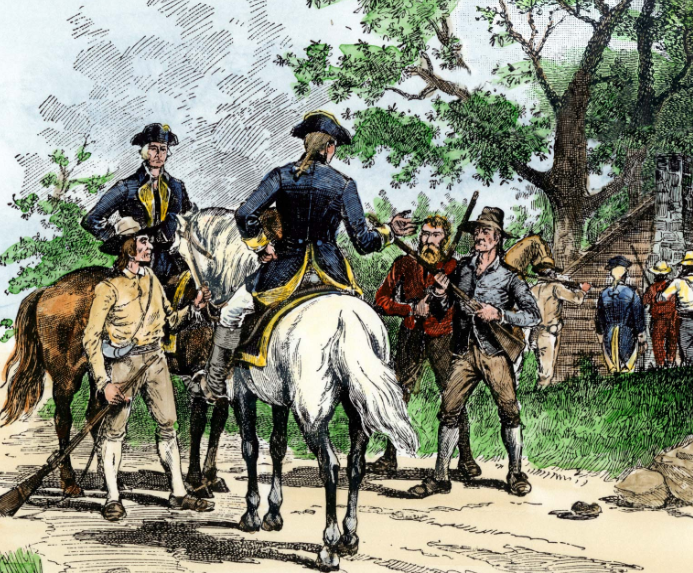John Fries' Rebellion - America's Third Anti-Tax Revolt
John Fries was a Continental Army veteran who started a rebellion when President Adams decided to collect taxes.
Fries’ Rebellion is often overlooked today in favor of the Shays’ and Whiskey Rebellions, despite being just as concerning to most of the Founders as the others.
An Act To Lay and Collect a Direct Tax
When the Quasi-War with France broke out in 1798, President John Adams took the lead on several laws which were meant to fortify support for the Army and Navy.
The most famous of these laws were the Alien and Sedition Acts, often criticized for limiting free speech.
Less known was the ‘Act to lay and collect a direct tax.’
This led to the third anti-tax rebellion in American history (after Shays’ Rebellion and The Whiskey Rebellion)…Fries’ Rebellion.
Counting Windows
When the government began collecting this new, direct tax on the citizens it did so through property. Namely, slaves, land and dwellings were counted in the apportionment of the tax.
To consider how much each dwelling was worth, the number and size of windows was used.
Many people were against a tax of this nature because it was not equally apportioned based on population. (They also didn’t love the idea of the taxman coming to their house and taking notes).
This setting led to Fries’ Rebellion.
John Fries
John Fries was an auctioneer who had served as a Captain in the Continental Army.
He also helped the United States suppress the Whiskey Rebellion just a few years before leading the resistance movement that now bears his name.
When the new tax collectors started coming through, Fries rallied the Germans of eastern Pennsylvania against them.
Fries Rebellion
Fries’s Rebellion, as it came to be known, began with local citizens gathering together and intimidating tax collectors until they resigned.
When US Marshals showed up to arrest the tax dodgers, they were forced to release any prisoners that were taken by the same angry mobs.
Eventually, President John Adams called out the US Army to quash the resistance.
Among those arrested was John Fries.
Pardons
Fries was tried for treason (twice, actually) and convicted.
He was sentenced to hang.
Fortunately, President Adams was not convinced that Fries’ crimes fully fit the strict definition of treason and pardoned him.
Adams ended up pardoning all the people involved, believing that the German-heavy area of Pennsylvania from which they came meant there was a language barrier that prohibited the Fries’ Rebels from fully understanding the laws they were breaking.
Want to learn about OTHER EARLY REBELLIONS in the young United States?
Try these articles:
The Groton Riots - Job Shattuck’s First Rebellion
Joseph French Instigates the Paper Money Riots
Want to read about Fries’ Rebellion?
There are a handful of books on this topic but ‘Fries’s Rebellion’ is the most modern rendition of the story. It’s an oft overlooked part of the Founding and I highly recommend giving this book a read.
If you’d like a copy for your very own you can through the Amazon affiliate link below (you’ll support this site, but don’t worry, Amazon pays me while your price stays the same).
Want to get fun American Revolution articles straight to your inbox every morning?
Subscribe to my email list here.
You can also support this site on Patreon by clicking here.






